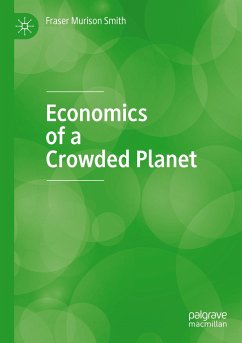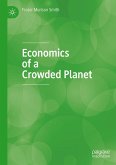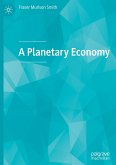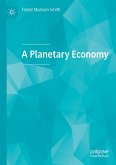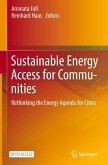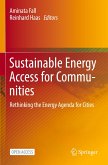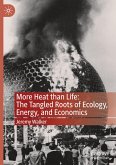This book asks the question, how would economics look today and into the future if one started with a blank sheet of paper? Written mainly for a technical audience, yet accessible to the lay reader, Economics of a Crowded Planet addresses the ontology, epistemology and methodology of a future economics as if from outside the economy looking in. It presents a conceptual framework for a future economics drawing from systems science and hierarchy theory, integrating central concepts from present-day economics, so as to orient the field in a direction that can serve society's future needs in practical ways.
The exposition reveals a paradigm called 'market planetarianism': the idea that the power of markets may be used to steer the economy toward a desired long-term goal. Both a prescriptive doctrine and an economic methodology, it treats the economy and nature as instances of complex, evolutionary systems, demanding analytical tools quiteunlike those of the 20th-century mainstream.
The exposition reveals a paradigm called 'market planetarianism': the idea that the power of markets may be used to steer the economy toward a desired long-term goal. Both a prescriptive doctrine and an economic methodology, it treats the economy and nature as instances of complex, evolutionary systems, demanding analytical tools quiteunlike those of the 20th-century mainstream.

